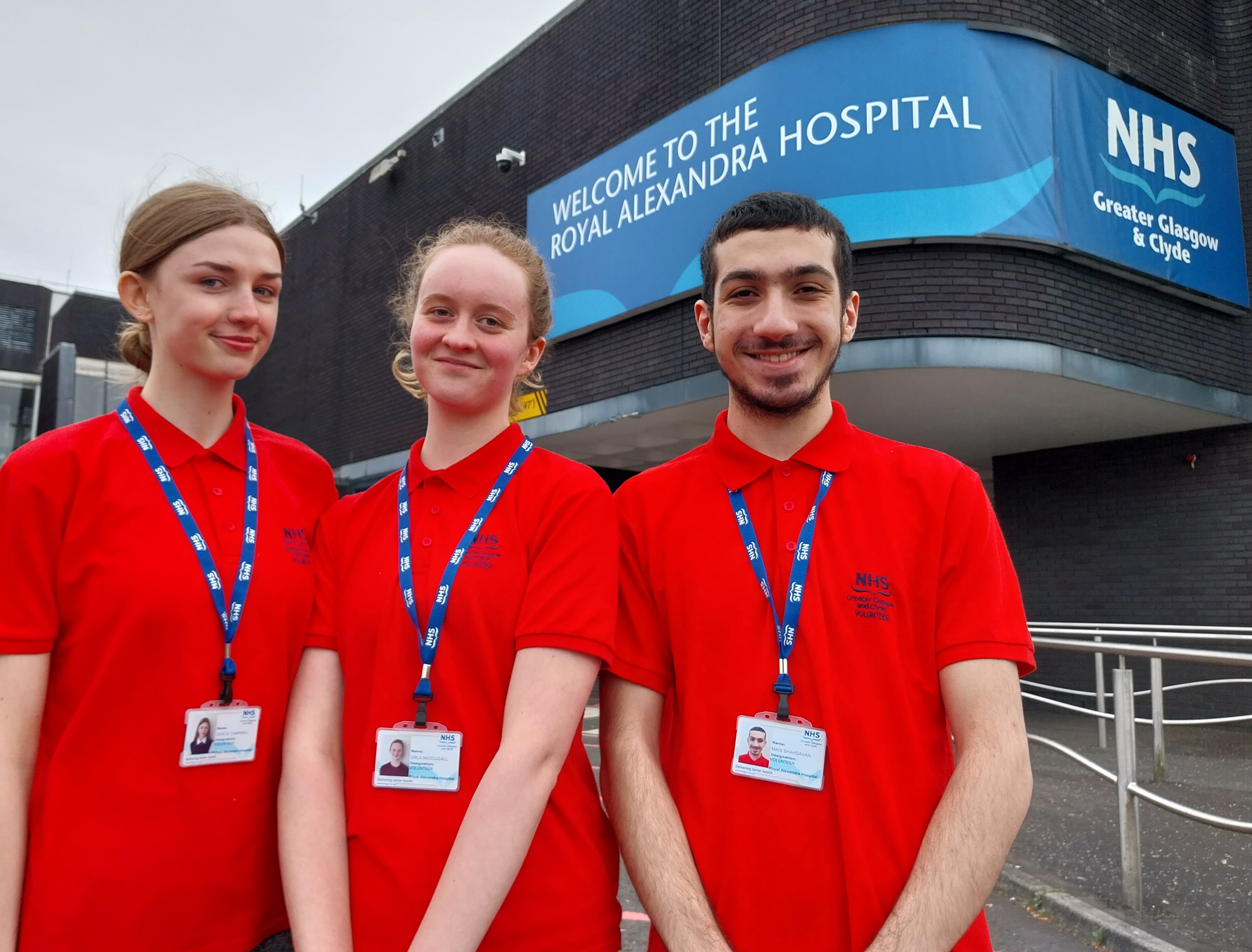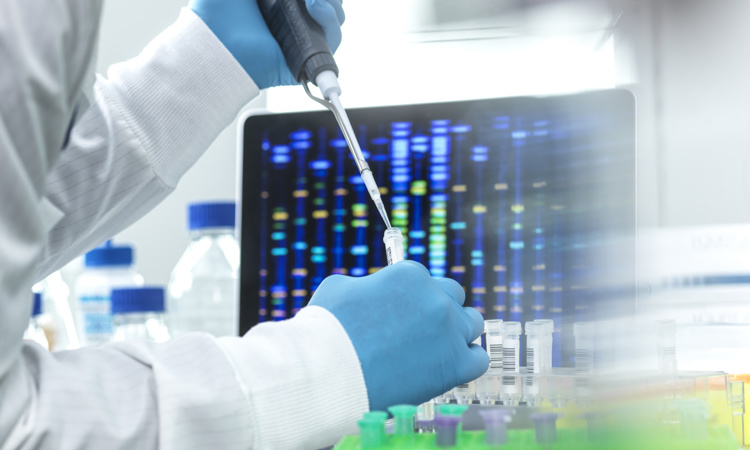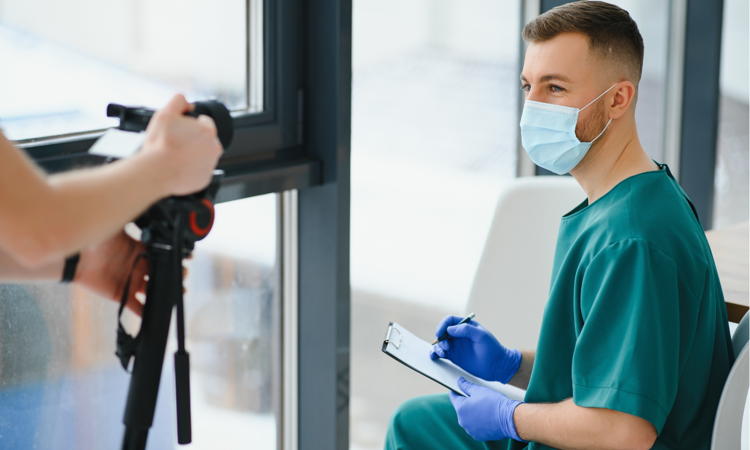How to become a reconstructive scientist
To become a reconstructive scientist in the NHS, you’ll need to complete a postgraduate-level work-based training programme.
What is a reconstructive scientist
Reconstructive scientists are also known as maxillofacial prosthetists. They are registered clinical scientists who specialise in prosthetic reconstruction with patients who need corrective treatment for:
- congenital abnormalities
- deformities following cancer treatment
- burns and other traumatic injuries
They design, construct, and fit bespoke medical devices, including:
- realistic silicone or acrylic prostheses
- therapeutic splints
- titanium skull and jaw plates
Once the prostheses or surgical implant has been fitted, it is monitored over time to make sure it continues to meet the patient’s needs.
Starting your career as a reconstructive scientist
Choosing subjects at school
School subjects that could lead to a career as a reconstructive scientist include:
- English
- Maths
- Biology
- Physics
- Design and Technology
- Art
- Engineering
Speak to your guidance teacher or careers adviser about subjects offered at your school.

Workplacements and volunteering
You may find it helpful to get some healthcare experience by doing a work placement or volunteering. You’ll get training, increase your knowledge, and learn new skills. This could help you when applying to college, university, or a new job with NHSScotland.
Education and training pathway
There are different education and training pathways to becoming a reconstructive scientist.
NHS Scientist Training Programme (STP)
The STP is one route to becoming a reconstructive scientist in the NHS.
As a trainee, you’ll complete a 3-year programme of work-based learning supported by a university-accredited master’s degree at SCQF level 11. It is part-funded by the National School of Healthcare Science.
To apply for the STP, you’ll need an undergraduate honours degree in Dental Technology at SCQF level 10 accredited by the General Dental Council (GDC). You’ll also need experience as a GDC-registered dental technician.
You can also apply with a master’s in Dental Technology or a relevant postgraduate science degree and a dental technology qualification accredited by the GDC.
Health and Care Professions Council
Once you complete your training, you’ll register with the HCPC as a clinical scientist.
Clinical scientists are one of 15 health and care professions in the UK regulated by the Health and Care Professions Council (HCPC).
Get to know the role
As a reconstructive scientist, you’ll work to design, construct, and apply medical devices for patients who need constructive treatment. These devices include:
- realistic silicone or acrylic prostheses
- therapeutic splints
- titanium plates for the skull and jaws
You could work on any area of the body, but it will often be the face, jaw, and skull.
Tasks include:
- Design and construct prosthetic devices.
- Take impressions of the appropriate area.
- 3D imaging and design.
- Surgical planning.
- Build models of prostheses.
- Monitor and review patients after prostheses and implants have been fitted.
- Have a clinical and scientific input for inpatient, outpatient, and theatre settings.
- Treat patients one to one in a clinical setting.
- Attend multidisciplinary team meetings.
You’ll need these skills:
- communicating
- collaborating
- focussing
- sense-making
- organisation skills
- critical thinking
You’ll also need an interest in science, technology and engineering, good technological skills, and a knowledge of facial anatomy.
You'll work with:
- oral and maxillofacial surgeons
- plastic surgeons
- oncologists
- ear, nose, and throat surgeons
- neurosurgeons
- orthopaedic surgeons
- nurses
- allied health professionals
- ophthalmologists
- restorative dentists
- orthodontists
- other clinical scientists
You could work in:
- location 1
- location 2
- location 3
- location 4
Learning and development
As a reconstructive scientist, you’re expected to undertake continuous professional development (CPD) activities to:
- keep your knowledge and skills up to date
- maintain your registration with the HCPC
Clinical scientists must meet the HCPC’s standards for CPD. Learn more about the HCPC’s guidance on CPD activities.
Career progression
Healthcare Scientists are often at the forefront of advances in science and technology. As a reconstructive scientist, you could be involved in researching new treatment techniques or developing innovations in prosthetic technology.
With further training and experience, you could develop your career and move into management or teaching roles.
Professional bodies
To work as a reconstructive scientist in NHSScotland, you’ll need to have completed the necessary training and register with the following organisations:
- General Dental Council (GDC)
- Health and Care Professions Council (HCPC)
Once qualified as a reconstructive scientist, you can join the following professional organisations:
- Institute of Maxillofacial Prosthetists and Technologists (IMPT)
- Academy for Healthcare Science (AHCS)
Navigate page

Careers in healthcare science
Discover the range of healthcare science careers you can choose in the NHS.
Healthcare science
NHSScotland Careers blog
Our blog includes how-to guides, case studies, and career resources.
Discover more